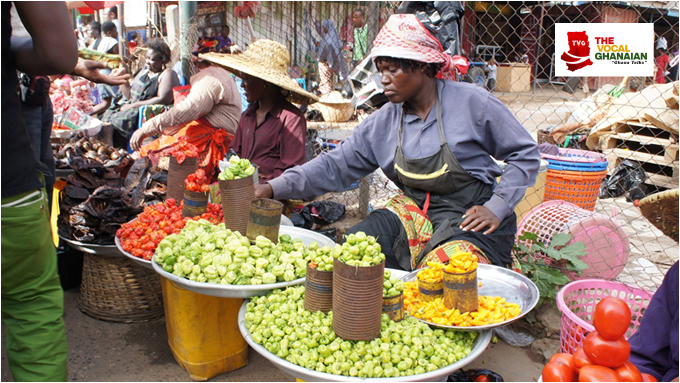According to the World Bank’s January 2023 Global Economic Prospects report, Ghana’s GDP will grow by 2.7% in 2023, less than the average for Sub-Saharan Africa, which is expected to grow by 3.6%. However, it anticipates a 3.5% growth in the GDP in 2024, which is the same as what it predicted for 2022.
According to the World Bank, Ghana’s economy has been experiencing numerous setbacks, including rising public debt, high inflation (50.3% in November 2022), and a weakening currency (38.8% in 2022), which is why it is seeking an IMF-supported program.
The private sector was once again significantly impacted by increased input costs in 2022 as a result of high petrol and raw material prices. The Ghana Statistical Service reports that the economy slowed down in the third quarter of last year, increasing by 2.9%.
Importance of the Private Sector to the National Economy
The private sector is a critical stakeholder in the economic growth and development of a country. It is a major contributor to national income and provides the largest opportunities for job creation. They are primary determinants of urbanization in a country by influencing the development of urban areas to develop in sustainable ways.
Community Development: community development is encouraged by the private sector through promoting community businesses and co-operatives and local exchange systems.
Investor attraction: the private sector attracts investors into the cities to promote small, micro and medium enterprises (SMMEs) and the establishment of facilities for commercial activity.
Poverty reduction: The private sector is a key player in the poverty reduction of a country. By providing jobs for the masses and encouraging inclusivity, unemployment is reduced by a significant percentage which further enhances economic stability in the country.
Negative Impact of a slow GDP on the Private Sector
A struggling economy is not good news for the private sector. This results in a significant decline in sales and economic activity which decreases profits.
Loss of jobs: Many businesses which contribute to a thriving economy have been hard hit by the current economic challenges in the country. In a bid to cut down costs and remain in business, many of these business owners have had to lay off workers. This means that people lose their livelihoods and sources of income, hence increasing the unemployment ratio and an increase in the poverty rate in the country.
Investor Decline: When the economy is in crisis, investors are reluctant to provide financial assistance to growing businesses which in turn leads to a loss of revenue. Some Ghanaian businesses which have not been able to sustain themselves during this economic recess have completely folded up.
The government must form more partnerships with the private sector by building relations in the private sector interest and by the involvement of associations and companies in the urban strategic planning processes. This will help strengthen our economy and will prevent a complete decline during times of economic difficulty.


Your articles are extremely helpful to me. Please provide more information!
Hmm is anyone else encountering problems with the pictures on this blog loading? I’m trying to figure out if its a problem on my end or if it’s the blog. Any responses would be greatly appreciated.
Only wanna remark on few general things, The website design and style is perfect, the subject matter is really great : D.
This is a topic close to my heart cheers, where are your contact details though?